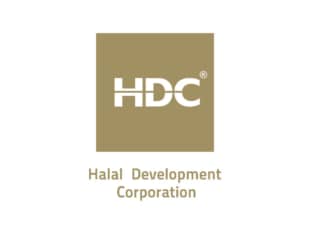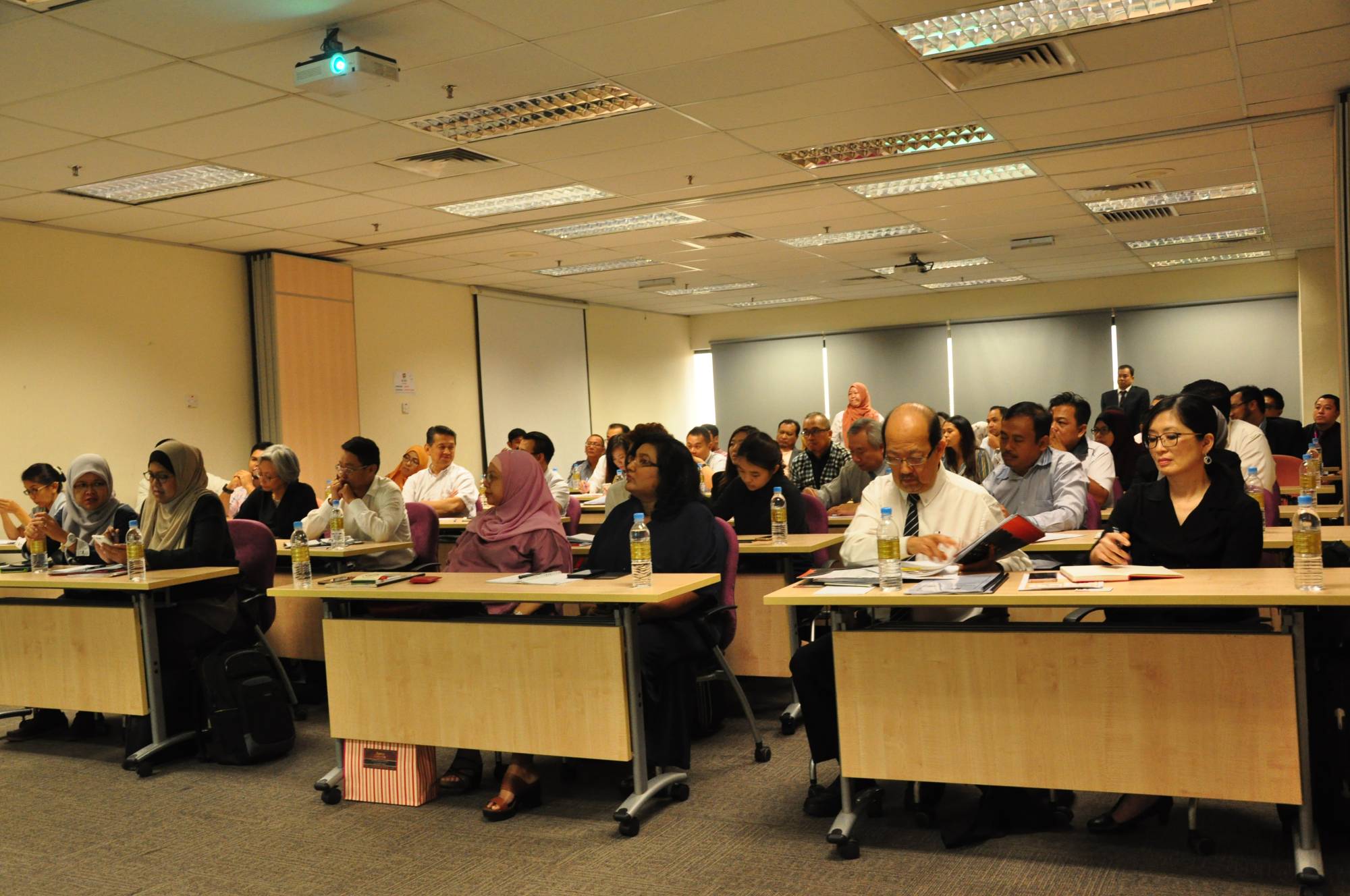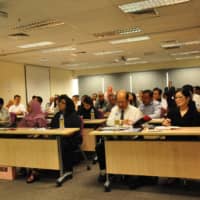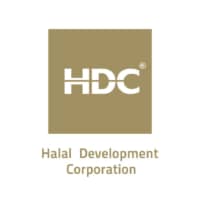Any business that hopes to thrive in today’s marketplace needs the flexibility to adapt to changing trends in taste and technology, and this is no different for firms in the halal industry, despite its being based on well-established traditions and practices.
Skillful implementation of modern practices such as assurance management, internal auditing and governance are just as important to the success of halal businesses as they are to auto manufacturers or apparel makers. Considering the massive growth predicted in the market for halal food and beverages in the coming years, there is much to be gained from securing a well-trained workforce and having leaders who are well-versed in the cutting edge of best practices.
To help companies meet their goals and satisfy their customers, the Halal Development Corp. (HDC) has developed a series of training programs aimed at fostering a new generation of professionals who possess deep knowledge of halal practices and Muslim-friendly hospitality, as well as of the latest methods in business management.
The courses include short introductory programs on halal fundamentals, aimed at professionals just starting out in the industry, as well as established firms that have not previously offered halal products or services, but are seeking to claim a slice of the growing halal market. One of these is Halal Industry Fundamentals, which provides an overview of halal concepts and processes that will give participants a solid footing to explore more specialized areas. Another of the shorter courses is the Malaysia Halal Certification for food and food services, which aims to convey practical knowledge and skills that can be put to work right away, allowing people to secure quality jobs.
While courses such as the above will help build a larger and stronger professional foundation for the halal industry, global corporations need leaders with a deep understanding of how to integrate halal practices with the requirements of modern business. One- or two-day courses are not enough to establish this level of professionalism. To train the leaders that will take the halal industry into the future, HDC offers longer, in-depth courses. These include the 10-day Certified Halal Executive Programme and the 11-day Certified Halal Internal Auditing Programme.
Industry-focused programs of two or three days are also available in specific fields. In addition to a food services course, there are also sessions on how to implement and maintain halal standards in logistics, pharmaceuticals and hospitality. The course on hospitality, for instance, helps companies understand how to create Muslim-friendly environments in terms of dress, diet and behavior.
HDC courses are held at a dedicated training center located in Petaling Jaya, only a short drive from downtown Kuala Lumpur, while two of the introductory courses can be taken online. Customized, on-site courses can also be arranged to suit the particular needs of a business or industry. A number of companies from around the world have had their employees take the HDC courses — this includes food and seasoning maker Ajinomoto Co., which has over 500 employees who have taken the Halal Industry Fundamentals course.
The Arabic word halal means “lawful” or “permissible” in English. As such, the foundation of halal is knowledge, which is available to anyone who dedicates the time and energy to learn, regardless of upbringing, cultural background or whether they are Muslim or not. This knowledge can then be applied to businesses to create products and services that meet the needs of Muslim consumers, while giving them the peace of mind that they are maintaining their religious tenets. HDC’s courses are designed to allow workers and businesses to take part in the rapidly growing halal market with confidence and creativity.







